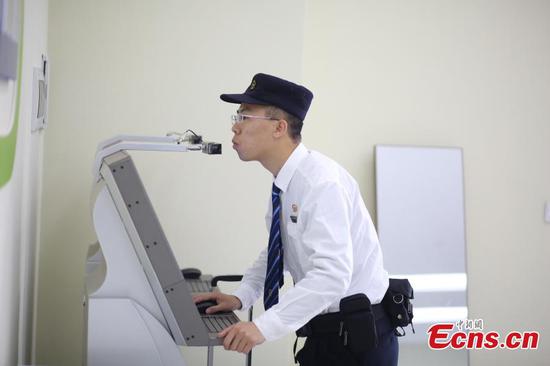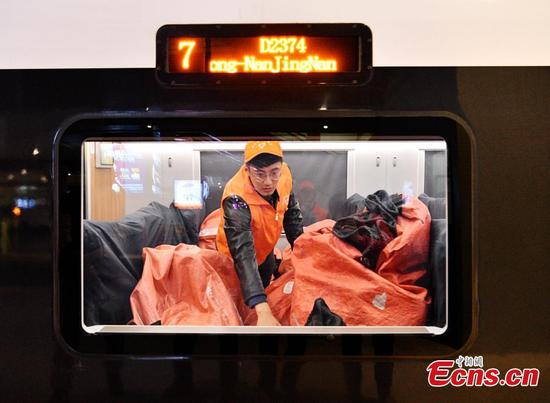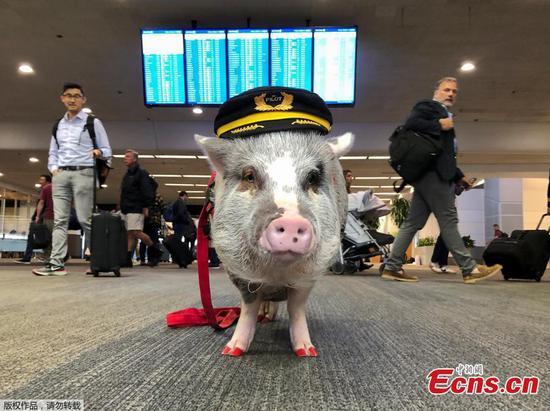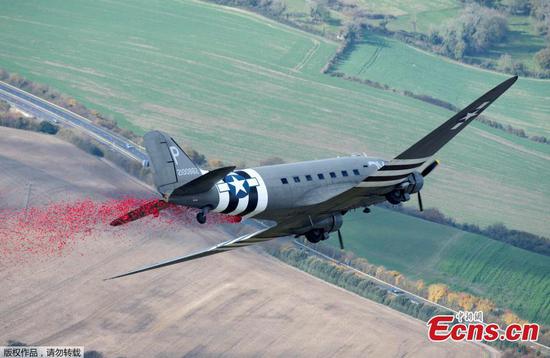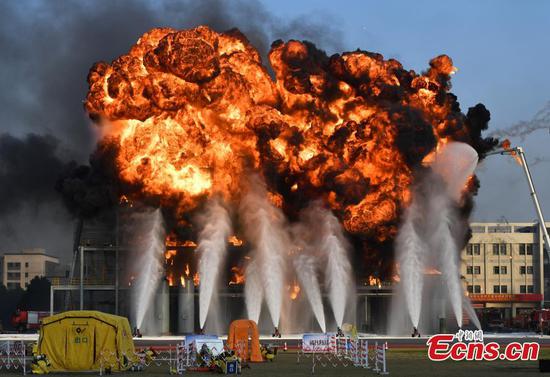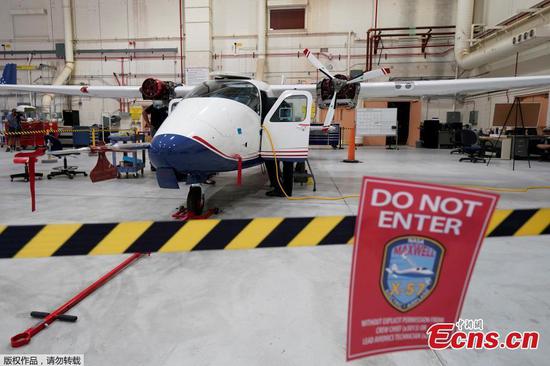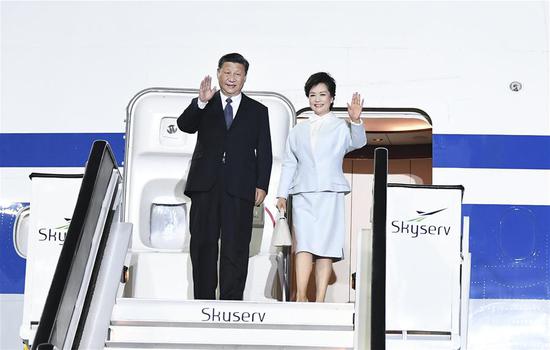Boeing, facing a shortage of storage space as undelivered 737 MAX jets remain parked near one of its manufacturing plants, hopes to start delivering new planes to airlines before Dec 31 even if regulators haven't approved pilot training for the plane's updated flight control system.
The planes wouldn't be used in commercial service but could be readied by airlines pending final approval by the U.S. Federal Aviation Administration (FAA).
"It's becoming a logistics problem," Robert Mann, president of R.W. Mann & Co, an aviation consulting firm in Port Washington, New York, told China Daily. "The logistics of reintroducing the aircraft to service are becoming the long lead-time item, replacing recertification. Operators can get ferry permits to move the planes before all pilot training is completed. It then becomes a question of servicing aircraft that have been stored for eight or nine months."
In a statement, Boeing said: "While the FAA and other regulatory authorities will determine the timing of certification and return to commercial service, Boeing continues to target FAA certification of the MAX flight control software updates during this quarter. Based on this schedule, it is possible that the resumption of MAX deliveries to airline customers could begin in December."
The 737 MAX, Boeing's top-selling airplane, has been grounded since March after crashes in Indonesia and Ethiopia killed 346 passengers and crew on board. Investigators believe the MAX's automated anti-stall device, called Maneuvering Characteristics Augmentation System (MCAS), erroneously pointed the nose of the planes down to avoid a midair stall and into a fatal plunge.
Boeing has updated the anti-stall software, but the FAA hasn't yet approved it. The European Aviation Safety Agency (EASA), the European Union's counterpart to the FAA, may require pilots to undergo flight simulator training rather than a short online course before recertifying the MAX for commercial service. If so, that would mean a staggered return of the plane, and all planes may not return to service worldwide until 2021.
For airlines, taking delivery of new planes by the end of December could shorten long waits once regulators clear the MAX for commercial service. Analysts estimate it will require 45 to 60 days per plane to return the jet to service, including new software installation, servicing and testing.
Last week, Southwest Airlines and American Airlines Group said they had removed MAX jets from their schedules through early March. Previously, the airlines hoped to return the plane to service in January or February. The airlines want to retrain all pilots on the updated MCAS software to avoid scheduling problems that might arise if only some pilots have been cleared to fly the MAX.
Despite the worldwide grounding, Boeing has continued to produce the 737 MAX at the rate of 42 planes per month at its plant in Renton, Washington, near Seattle. Prior to April, Boeing produced its top-selling plane at the rate of 52 a month.
The Wall Street Journal reported that undelivered planes are being stored at airfields in the Pacific Northwest and some have been moved to employee parking lots.
There's enough parking space available to store about two more months of production, and Boeing is looking for additional storage space if needed, the Journal reported.
Boeing and the FAA had previously outlined a plan to resume MAX deliveries pegged to completion of pilot training on the updated anti-stall system. But those plans didn't consider the additional time needed for regulators to draft new training requirements or for airlines to adopt the changes, the Journal said.
In a related matter, The New York Times reported that Boeing is seeking to move pending civil cases out of U.S. courts to be heard by judges in Indonesia and Ethiopia where the crashes occurred because it would be move convenient for surviving family members to attend court in their home countries rather than travel to the U.S.
But the newspaper reported that "such a move would most likely save Boeing many millions of dollars in damages and limit how much information about the crash the company has to make public".
U.S. courts tend to be more generous than others in awarding damages in wrongful death cases. In filings in Chicago federal court, where the cases are now being heard, attorneys for Boeing said the company will seek to transfer the cases "as soon as possible", the Times said.










